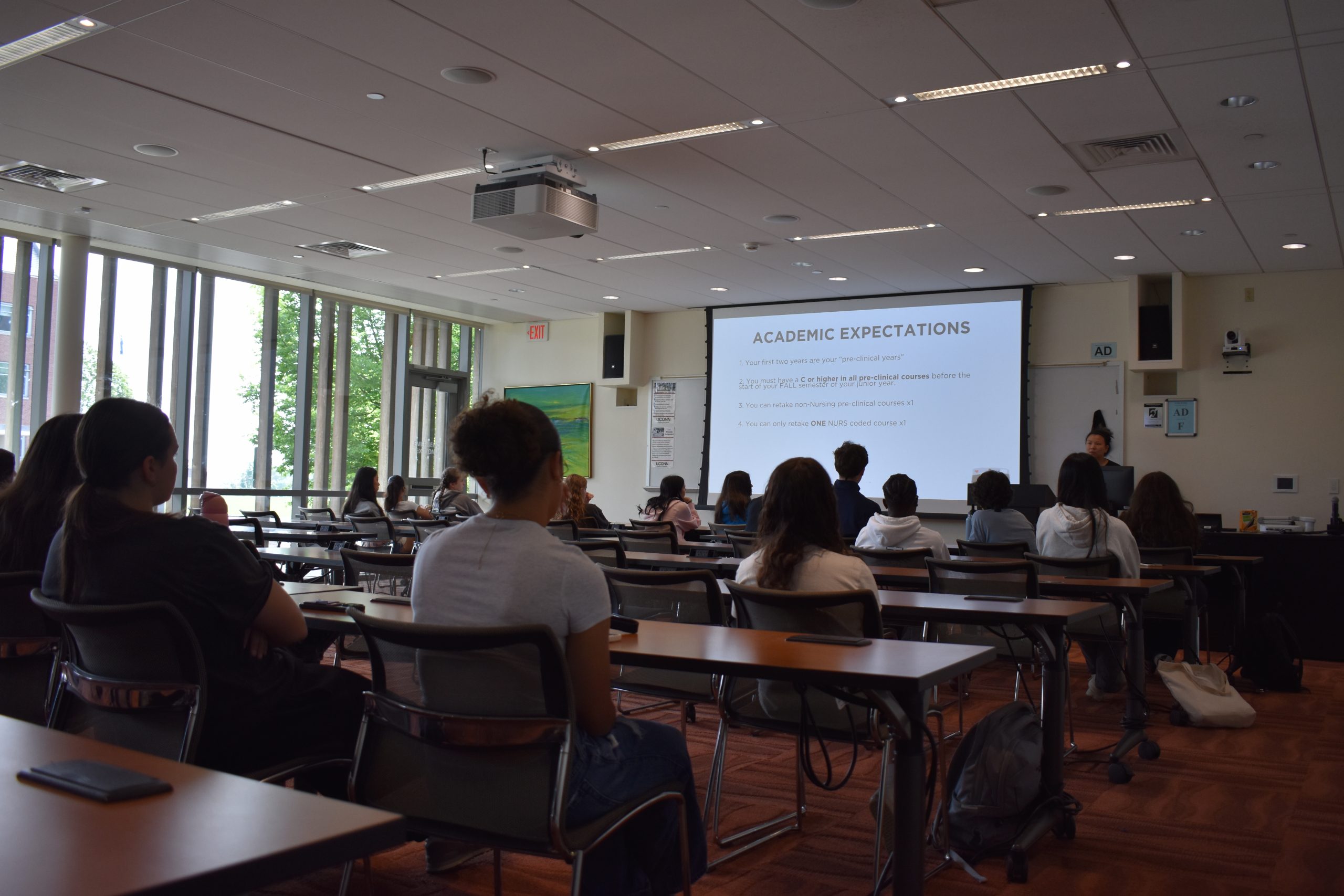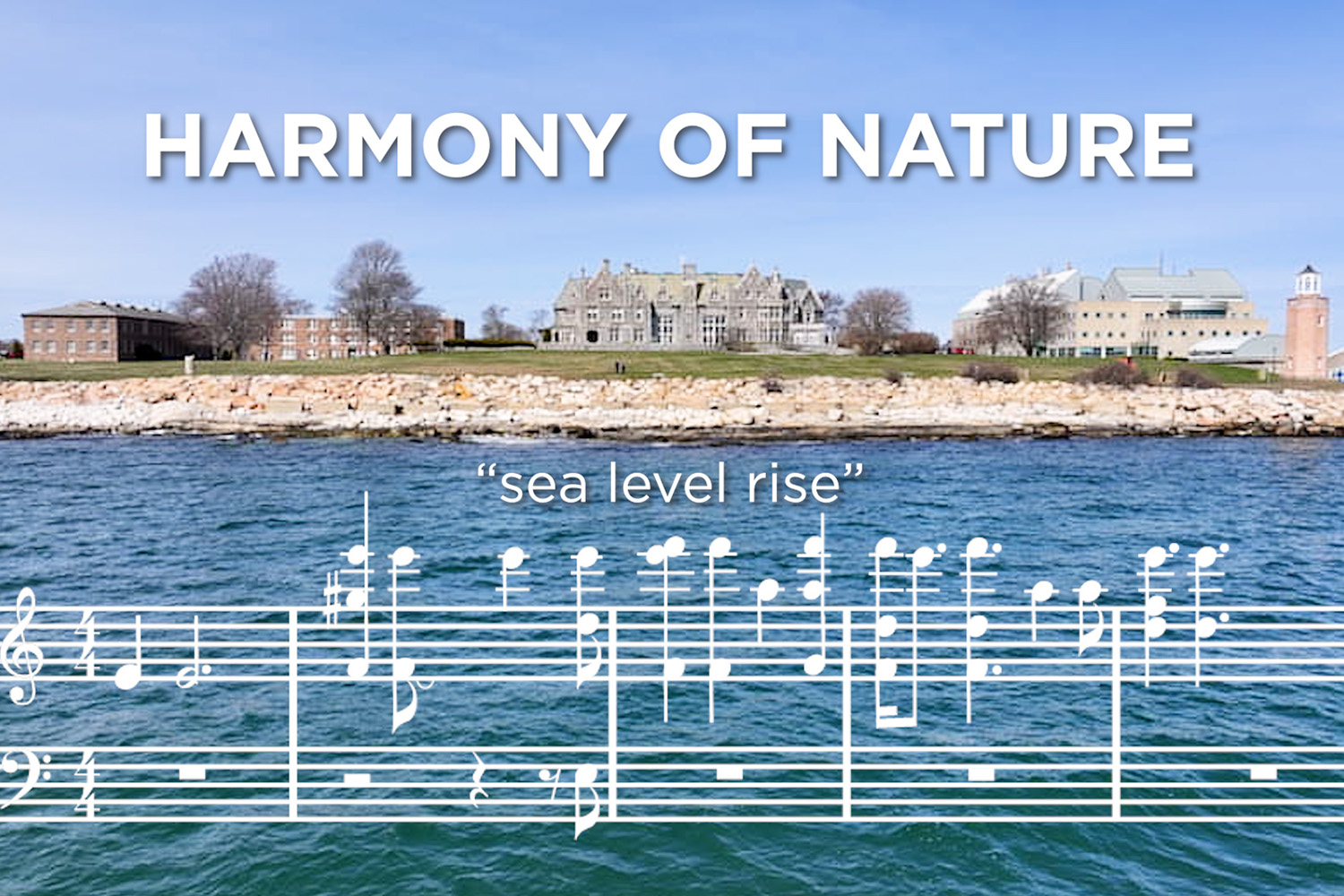The Department of Chemical, Materials & Biomolecular Engineering welcomes three new faculty members, all of whom will join the department in August.
 Dr. George A. Rossetti, Jr., who joins the department as an associate professor of materials science, brings expertise in structure-processing-property relations in electroceramic materials and their applications in dielectric, electromechanical and energy conversion devices and systems. Dr. Rossetti has worked as a research professor in the Institute of Materials Science at UConn since 2006. He previously was a research associate professor at Rutgers University. His experience also spans more than a decade in industry, during which he served as Director of Functional Materials at Continuum Photonics Inc. in Billerica, MA and a Senior Research Engineer at Norton Company Central Research Laboratories, Saint-Gobain Corporation, Worcester, MA. He was also a Senior Research Scientist at the NASA Center for Advanced Microgravity Materials Processing at Northeastern University, Boston.
Dr. George A. Rossetti, Jr., who joins the department as an associate professor of materials science, brings expertise in structure-processing-property relations in electroceramic materials and their applications in dielectric, electromechanical and energy conversion devices and systems. Dr. Rossetti has worked as a research professor in the Institute of Materials Science at UConn since 2006. He previously was a research associate professor at Rutgers University. His experience also spans more than a decade in industry, during which he served as Director of Functional Materials at Continuum Photonics Inc. in Billerica, MA and a Senior Research Engineer at Norton Company Central Research Laboratories, Saint-Gobain Corporation, Worcester, MA. He was also a Senior Research Scientist at the NASA Center for Advanced Microgravity Materials Processing at Northeastern University, Boston.
Dr. Rossetti earned his M.S. in materials engineering from Worcester Polytechnic Institute and his Ph.D. in solid state science from The Pennsylvania State University. He conducted post-doctoral work at the Princeton Materials Institute.
 Dr. Brian G. Willis joins the department as an associate professor of chemical engineering. He previously was an assistant professor at the University of Delaware. Dr. Willis maintains a vigorous research program in nanotechnology with applications for biochemical sensors, molecular electronics, semiconductor devices and fuel cells. His research, which merges integrated circuit technology with molecular devices, has received significant support from the National Science Foundation, the U.S. Department of Energy and the Department of Defense. Dr. Willis is the recipient of an NSF CAREER Award and, from the University of Delaware, an Emmert Faculty Fellowship and the Dow Corning Award. Dr. Willis has already made numerous contributions to course and curriculum development and currently has more than 20 refereed journal and conference publications. He earned his Ph.D. in chemical engineering from MIT in 1999.
Dr. Brian G. Willis joins the department as an associate professor of chemical engineering. He previously was an assistant professor at the University of Delaware. Dr. Willis maintains a vigorous research program in nanotechnology with applications for biochemical sensors, molecular electronics, semiconductor devices and fuel cells. His research, which merges integrated circuit technology with molecular devices, has received significant support from the National Science Foundation, the U.S. Department of Energy and the Department of Defense. Dr. Willis is the recipient of an NSF CAREER Award and, from the University of Delaware, an Emmert Faculty Fellowship and the Dow Corning Award. Dr. Willis has already made numerous contributions to course and curriculum development and currently has more than 20 refereed journal and conference publications. He earned his Ph.D. in chemical engineering from MIT in 1999.
 Also joining the department as an assistant professor of chemical engineering is Dr. William Mustain. He is currently completing a post-doctoral fellowship at the Georgia Institute of Technology. Dr. Mustain’s research interests include the development of new materials for proton exchange membrane fuel cells, the development of a room temperature molten carbonate fuel cell, aerobic biocathodes for oxygen reduction reaction, microfabricated biological fuel cells and fundamental studies on both electrochemical kinetics and ionic transport in solid electrolytes. As a doctoral candidate, Dr. Mustain’s research centered on the design of a platinum-free, methanol tolerant catalyst for the oxygen reduction reaction (OOR). Dr. Mustain was in the group that first demonstrated and fully characterized the high activity of cobalt-palladium alloy electrocatalysts for the ORR at the PEM cathode. He was awarded the Illinois Institute of Technology (IIT) 2004 Outstanding Teaching Assistant of the Year Award, a Hamid Arastoopour Excellence in Education Award, and a Heald Scholar (’98-02). Dr. Mustain’s work has been published in nearly 10 manuscripts, in addition to conference proceeding papers and four patent disclosures. Dr. Mustain received his Ph.D. in chemical engineering from the Illinois Institute of Technology.
Also joining the department as an assistant professor of chemical engineering is Dr. William Mustain. He is currently completing a post-doctoral fellowship at the Georgia Institute of Technology. Dr. Mustain’s research interests include the development of new materials for proton exchange membrane fuel cells, the development of a room temperature molten carbonate fuel cell, aerobic biocathodes for oxygen reduction reaction, microfabricated biological fuel cells and fundamental studies on both electrochemical kinetics and ionic transport in solid electrolytes. As a doctoral candidate, Dr. Mustain’s research centered on the design of a platinum-free, methanol tolerant catalyst for the oxygen reduction reaction (OOR). Dr. Mustain was in the group that first demonstrated and fully characterized the high activity of cobalt-palladium alloy electrocatalysts for the ORR at the PEM cathode. He was awarded the Illinois Institute of Technology (IIT) 2004 Outstanding Teaching Assistant of the Year Award, a Hamid Arastoopour Excellence in Education Award, and a Heald Scholar (’98-02). Dr. Mustain’s work has been published in nearly 10 manuscripts, in addition to conference proceeding papers and four patent disclosures. Dr. Mustain received his Ph.D. in chemical engineering from the Illinois Institute of Technology.



